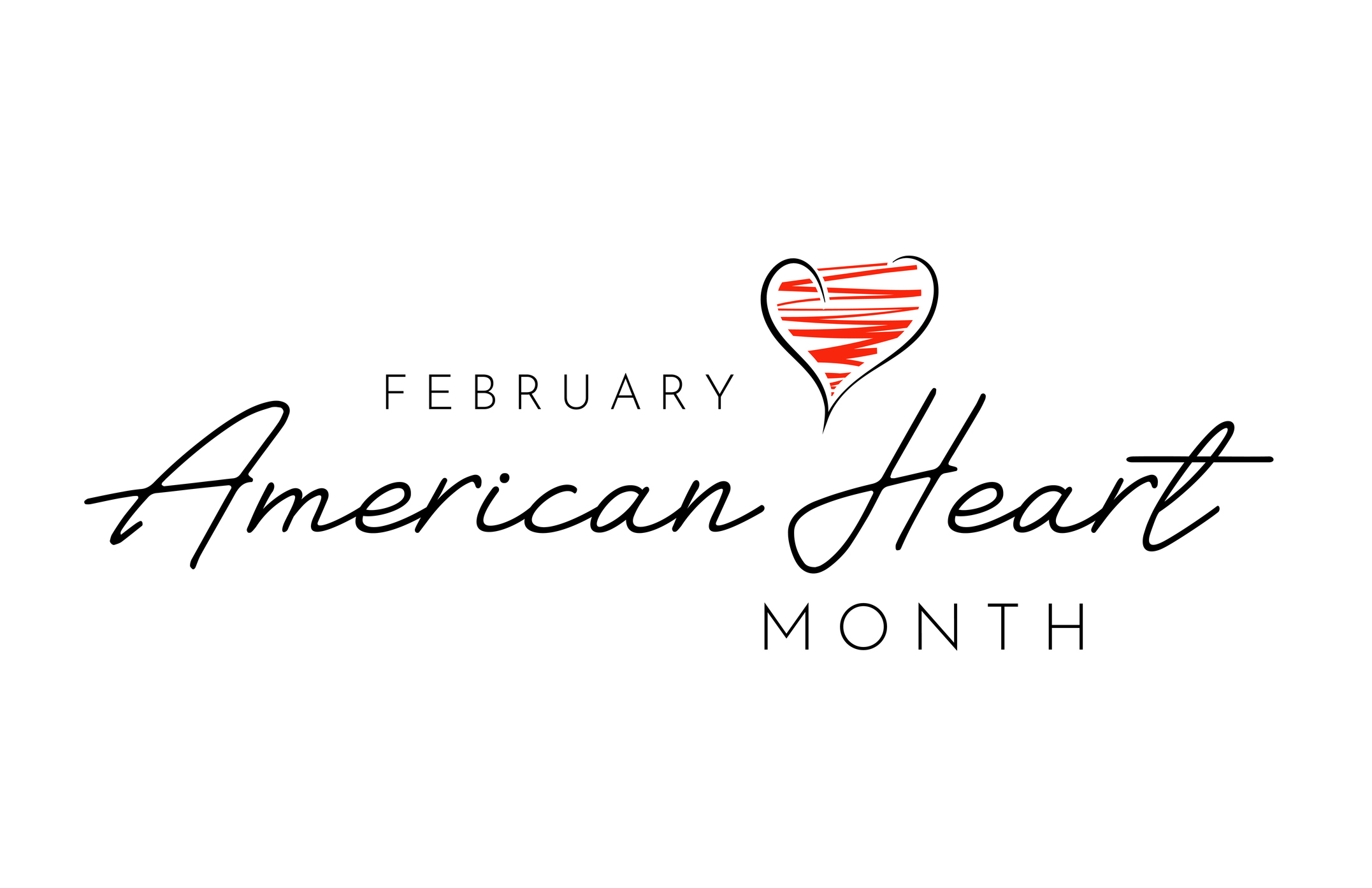This American Heart Month, Central Florida Health Care urges you to take the lead in your heart health. You can make a significant difference by visiting your provider and actively preventing heart attacks. CFHC Family Physician Dr. Vladimir Senatorov stresses that 99% of all heart attacks are preventable, except for some rare conditions. The risk can be assessed based on lab results, blood pressure, age, and gender. While an ASCVD (atherosclerotic cardiovascular disease) risk calculator can aid, your involvement is crucial.
Experienced doctors or nurse practitioners can make even more accurate predictions by evaluating your medical history, lifestyle, vital signs, family history, and by using an electrocardiogram. Some hints could be obtained by listening to your heart, lungs, carotid arteries, and checking your pulse. Providers sometimes recommend additional testing such as stress tests, echocardiograms, or cardiac catheterization.
Dr. Senatorov emphasizes that preventing heart attacks is not a solo endeavor. It requires a team effort, with the clinical provider and the patient at its core. This team can also include nurses, a nutritionist, an endocrinologist, a rheumatologist, an OB/GYN specialist, a podiatrist, a dentist, and other specialists; family members are always welcome as well. At Central Florida Health Care, we are fortunate to have a team that provides and receives complex care to prevent heart attacks. We do that!
Symptoms of a heart attack can be different for men and women. They can experience similar symptoms, but women may have some atypical symptoms. You should take chest pain seriously or any other symptoms potentially related to a heart attack and get an evaluation.
Symptoms of a heart attack:
- Chest pain or discomfort. Most heart attacks involve discomfort in the center or left side of the chest that lasts for more than a few minutes or that goes away and comes back. The discomfort can feel like uncomfortable pressure, squeezing, fullness, or pain.
- Feeling weak, light-headed, or faint. You may also break into a cold sweat.
- Pain or discomfort in the jaw, neck, or back.
- Pain or discomfort in one or both arms or shoulders.
- Shortness of breath. This often comes along with chest discomfort, but shortness of breath also can happen before chest discomfort.
Other symptoms of a heart attack could include unusual or unexplained tiredness and nausea or vomiting. Women are more likely to have these other symptoms then men.
In some women, the first signs and symptoms of heart disease can be:
- Chest pain or discomfort, upper back or neck pain, indigestion, heartburn, nausea or vomiting, extreme fatigue, dizziness, and shortness of breath.
- Fluttering feelings in the chest (palpitations).
- Shortness of breath, sudden fatigue, or swelling of the feet, ankles, legs, or abdomen.
Women also may have other symptoms, including:
- Nausea.
- Vomiting.
- Tiredness that won’t go away or feels excessive.
The heart does not exist inside the body on its own. It can work only in cooperation with other body parts, including the kidneys (for waste removal), liver (for metabolism), blood vessels (for circulation), hormone-producing glands (for regulation), and intestinal tract (including teeth, for nutrition). To have a good heart, you must take care of all parts of your body. No matter how good, cardiologists cannot prevent a heart attack. Patients always need a primary care physician or nurse practitioner who can manage diabetes and kidney disease and optimize whole-body functioning. Remember, the journey to a healthy heart begins with regular check-ups. Central Florida Health Care supports you with all your healthcare needs. Dr. Senatorov is taking new patients at CFHC’s Avon Park Health Center. We are committed to providing you with the best care possible, starting with regular check-ups. This American Heart Month, take the first step towards controlling your heart health by scheduling a visit with us.
